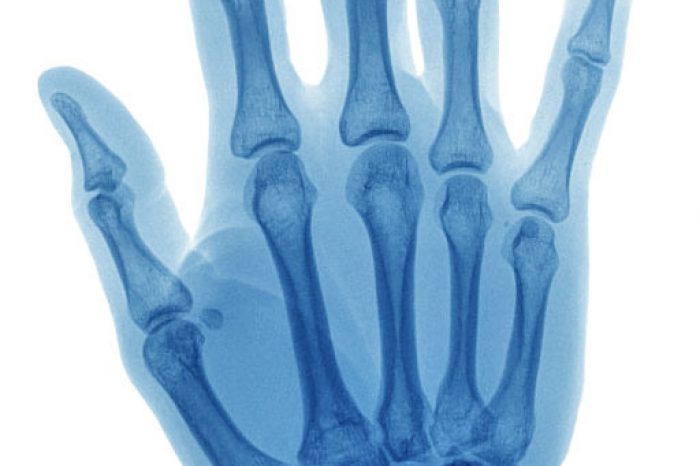

Trigger finger is a common cause of hand pain and can occur in 2% of the population (Amirfeyz et al 2017). Trigger finger occurs when a person develops swelling in the tendon from the inflammation and mechanical catching of the tendon at the A1 pulley.
In this study, Colberg et al. presented a total of 50 cases of trigger fingers in 32 patients. All patients (100%) experienced immediate and full resolution of the mechanical symptoms at the time of the release. None of the patients experienced recurrent symptoms. No complications were documented at the time of the procedure or at any of the follow-up visits, and there were no cases with recurrent triggering.
This study is valuable because it details the technique and Nokor device we use at Boston Sports & Biologics to release the A1 pulley. This technique is a cost-effective technique given that it is done in the clinic and does not bring the additional operating room fees.

Learn about ultrasound-guided A1 pulley release for trigger finger treatment, a minimally invasive procedure with a 97% success rate and fast recovery time. This technique is safer and more effective than traditional
Read MoreTrigger finger, also known as stenosing tenosynovitis, is a common hand condition that affects the tendons in your fingers or thumb. If you're dealing with pain, stiffness, or a locking sensation in your fingers, you
Read More